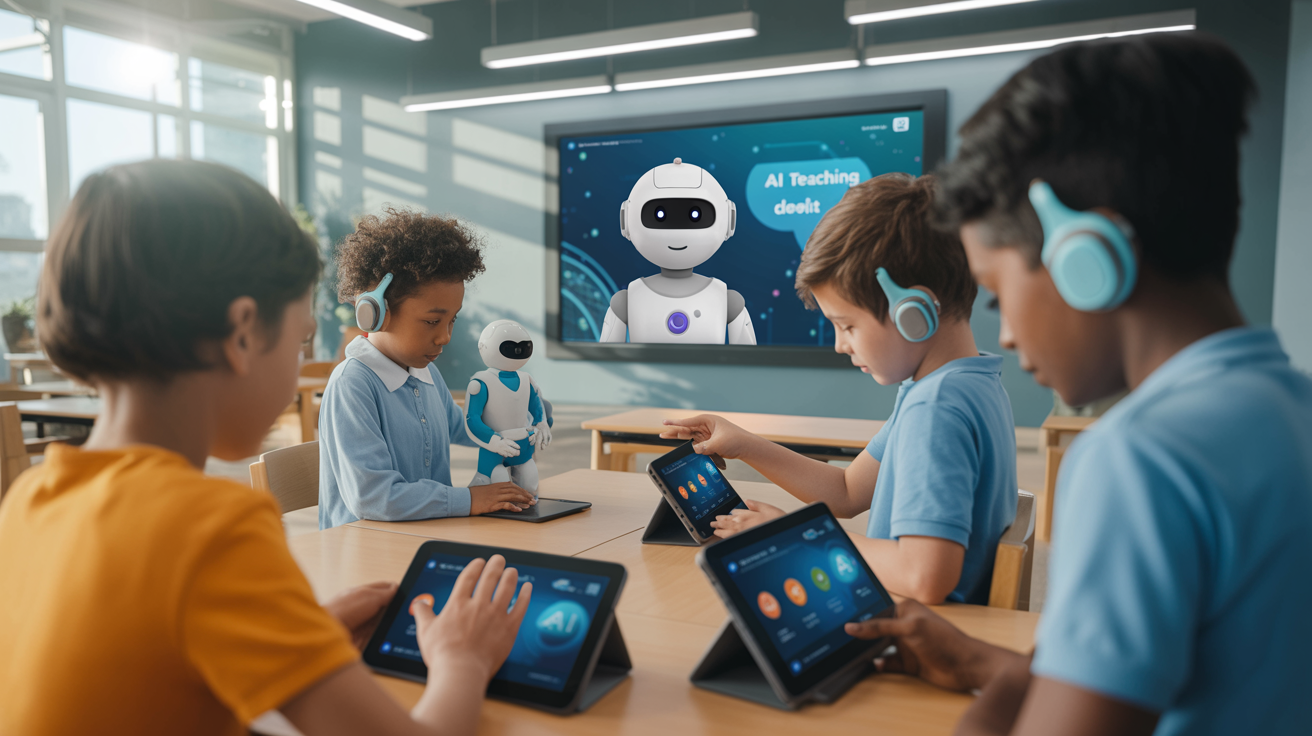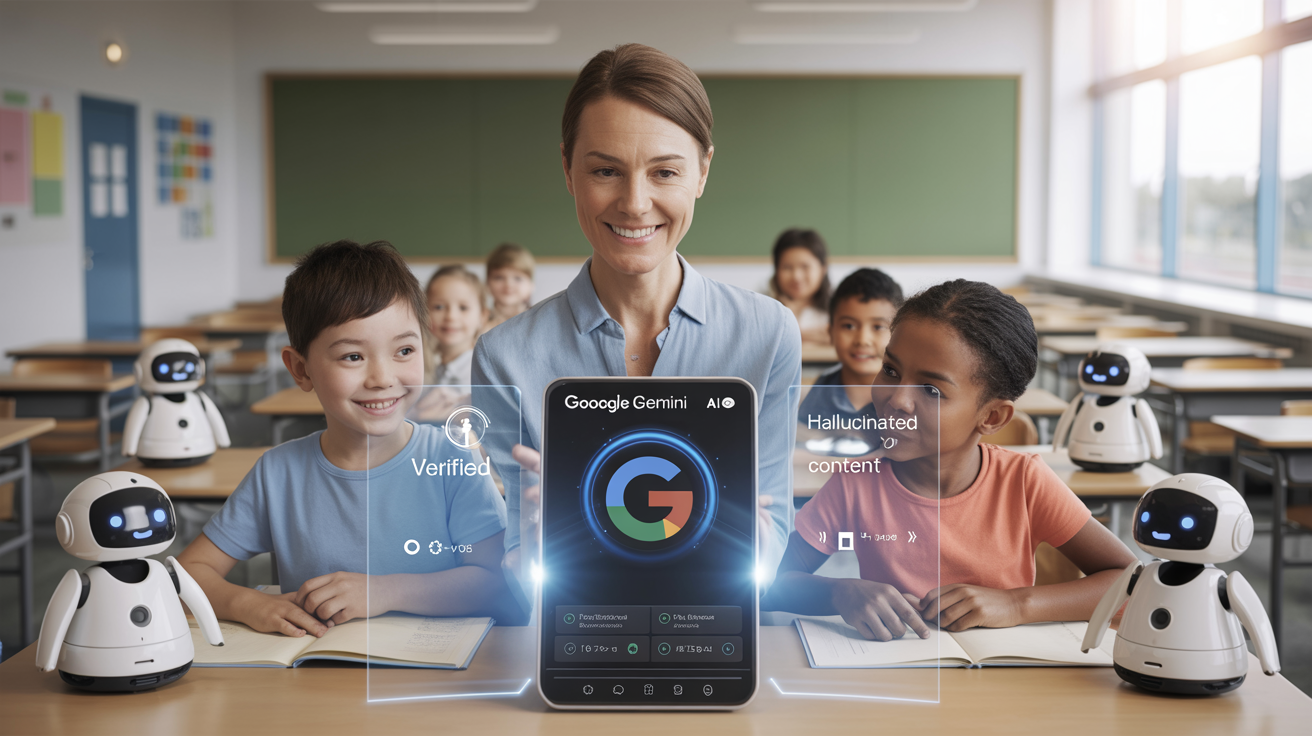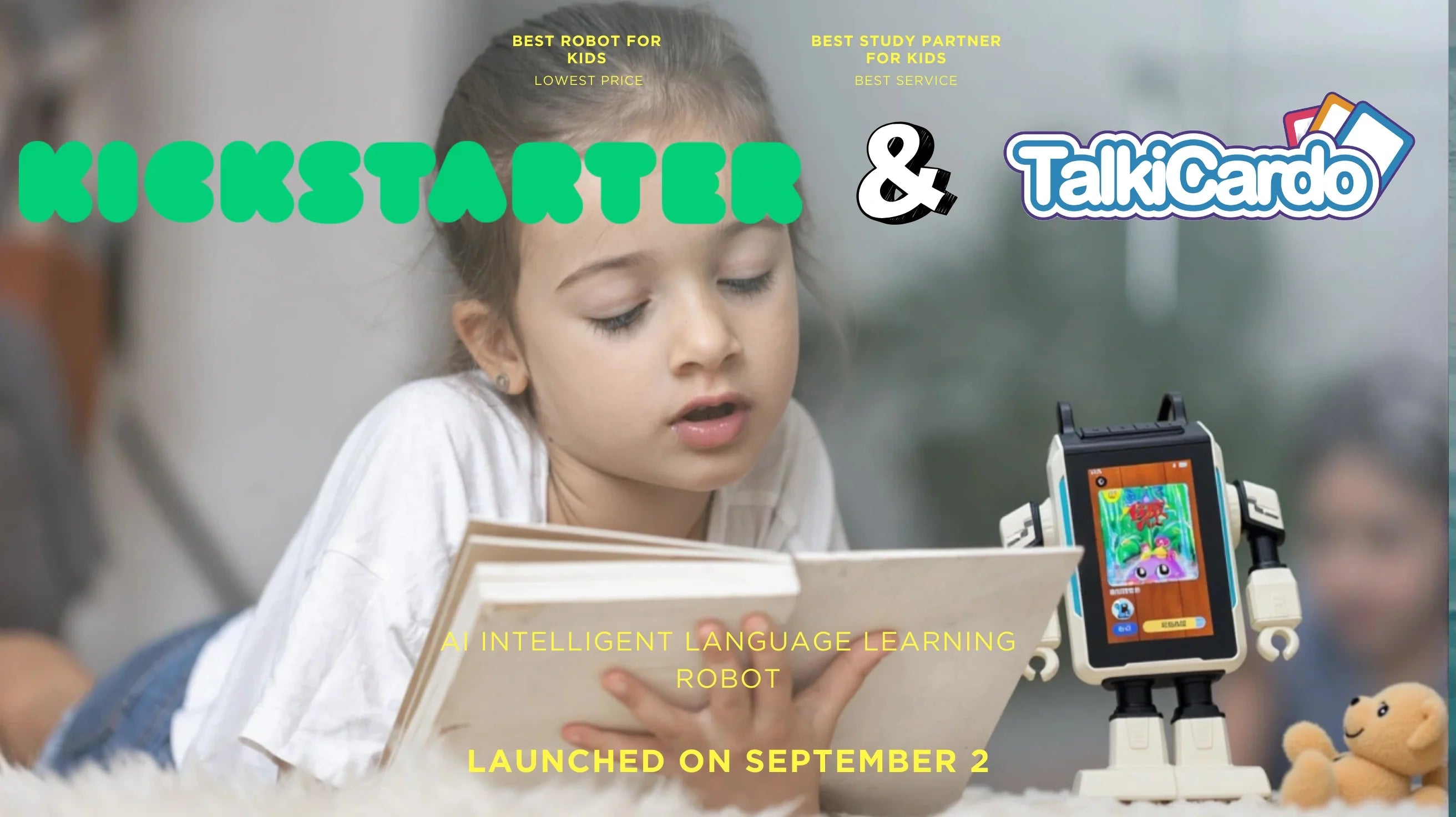
Top 10 Mandarin Pronunciation Games Powered by AI: Transform Your Chinese Learning Journey
Posted by Aipilot on
Table Of Contents
- Introduction
- Why Mandarin Pronunciation Matters
- How AI is Revolutionizing Language Learning
- Top 10 AI-Powered Mandarin Pronunciation Games
- Choosing the Right AI Pronunciation Game
- The Future of AI in Language Learning
- Conclusion
Top 10 Mandarin Pronunciation Games Powered by AI: Transform Your Chinese Learning Journey
Mastering Mandarin pronunciation presents a unique challenge for language learners worldwide. With its four tones, distinctive sounds, and character-based writing system, Mandarin Chinese requires dedicated practice and precise feedback that traditional learning methods often struggle to provide. This is where artificial intelligence is creating remarkable new opportunities for language learners.
AI-powered pronunciation games are revolutionizing how we learn Mandarin by offering personalized, interactive, and engaging experiences that adapt to individual learning needs. These innovative tools provide immediate feedback on tone accuracy, sound formation, and fluency—capabilities that were once only possible with a native-speaking tutor.
In this comprehensive guide, we'll explore the top 10 AI-powered Mandarin pronunciation games that are transforming language learning. Whether you're a beginner struggling with basic tones or an advanced learner refining your accent, these cutting-edge tools leverage the power of artificial intelligence to make Mandarin pronunciation practice more effective, accessible, and enjoyable than ever before.
Why Mandarin Pronunciation Matters
Mandarin Chinese presents unique challenges that make pronunciation particularly crucial. Unlike European languages, Mandarin is tonal, meaning the pitch pattern used to pronounce a word affects its meaning. The same syllable pronounced with different tones can have completely different definitions—making accurate pronunciation not just a matter of accent but of fundamental communication.
Consider the syllable "ma" which can mean "mother" (mā), "hemp" (má), "horse" (mǎ), or "scold" (mà) depending on the tone used. Mispronouncing tones can lead to amusing—or embarrassing—misunderstandings. For instance, saying "wǒ xiǎng wèn nǐ" (I want to ask you) incorrectly might sound like "wǒ xiǎng wěn nǐ" (I want to kiss you).
Beyond tones, Mandarin features several sounds that don't exist in English, such as the "x," "q," and "r" consonants, which require specific tongue positions and mouth shapes to produce correctly. Traditional learning methods often struggle to provide the immediate, personalized feedback needed to master these nuances.
This is precisely why AI-powered pronunciation games are transforming Mandarin learning. They offer something previously unavailable outside of one-on-one tutoring: instant, accurate feedback on pronunciation subtleties that can make the difference between effective and ineffective communication.
How AI is Revolutionizing Language Learning
Artificial intelligence has fundamentally transformed language learning by providing capabilities that were previously impossible at scale. Traditional language learning approaches often relied on repetition without personalized feedback, or required expensive human tutors. AI bridges this gap through several groundbreaking technologies:
Speech recognition systems powered by deep learning can now detect subtle variations in pronunciation with remarkable accuracy. These systems analyze acoustic patterns, comparing learner attempts against native speaker models to identify specific areas for improvement. Unlike human tutors who might miss slight deviations, AI can consistently identify even minor pronunciation errors.
Natural Language Processing (NLP) enables AI systems to understand context and meaning, allowing for conversational practice that adapts to the learner's level. This creates immersive learning environments where students can practice real-world communication rather than isolated vocabulary lists.
Personalized learning algorithms track individual progress, identifying patterns in mistakes and tailoring exercises to address specific challenges. This means each learner receives a customized curriculum focused on their unique pronunciation hurdles rather than a one-size-fits-all approach.
Perhaps most importantly, gamification elements make learning engaging and addictive in positive ways. By incorporating progress tracking, achievement systems, and competitive elements, AI-powered games transform what might otherwise be monotonous pronunciation drills into compelling experiences that motivate consistent practice.
Top 10 AI-Powered Mandarin Pronunciation Games
1. Tone Master
Tone Master focuses exclusively on mastering Mandarin's four tones through gamified challenges. The AI analyzes pitch patterns in real-time, providing visual representations of your tone attempts compared to native speaker models. The game progresses through increasingly complex tone combinations, starting with individual tones before advancing to tone pairs and eventually full sentences.
What makes Tone Master particularly effective is its adaptive difficulty system. The AI identifies which specific tone combinations challenge you most and generates additional practice opportunities focused on these areas. Visual feedback shows your pitch contour overlaid with the target pattern, making it easy to understand exactly how your pronunciation differs from the ideal.
Users particularly appreciate the game's "tone distinction" mode, which presents minimal pairs (words that differ only in tone) to train your ear to hear subtle differences that affect meaning. This comprehensive approach to tone mastery makes it an essential tool for beginners struggling with this fundamental aspect of Mandarin pronunciation.
2. Character Quest
Character Quest ingeniously combines character recognition with pronunciation practice in an immersive RPG-style adventure. Players navigate a virtual ancient China, encountering characters they must correctly pronounce to progress. The AI analyzes not just tone accuracy but also the pronunciation of challenging consonant-vowel combinations.
What distinguishes Character Quest is how it contextualizes learning within cultural narratives. Each character and phrase you learn connects to aspects of Chinese culture and history, creating meaningful associations that enhance retention. The game's spaced repetition system ensures characters reappear at optimal intervals for long-term memory formation.
The AI adapts the difficulty based on your performance, introducing new characters at a pace that challenges without overwhelming. For learners who struggle with connecting the written form to pronunciation, this integrated approach proves particularly valuable, building multiple skills simultaneously through engaging gameplay.
3. Pronunciation Mirror
Pronunciation Mirror employs advanced visual feedback systems to help learners master the physical aspects of Mandarin pronunciation. Using your device's camera, this innovative tool creates a 3D model of your mouth movements, comparing them to ideal positioning for specific Mandarin sounds. The AI provides real-time guidance on tongue position, lip rounding, and mouth shape for challenging phonemes like "x," "q," and "zh."
The system excels at addressing problems that even human tutors struggle to diagnose, such as subtle differences in airflow and tongue placement that affect sound quality. Users progress through increasingly difficult sound combinations, with the AI identifying specific muscle movements that need adjustment for authentic pronunciation.
The game element comes through challenges that test your ability to maintain correct pronunciation while increasing speed or combining difficult sounds. Learners particularly value the "slow motion" feature that breaks down native speaker pronunciations into frame-by-frame mouth movements, making previously invisible aspects of pronunciation visible and actionable.
4. Conversation Simulator
Conversation Simulator creates realistic dialogue scenarios with AI characters who respond differently based on your pronunciation accuracy. Unlike games focused solely on isolated sounds, this simulator places pronunciation in the context of meaningful conversation, where factors like stress, rhythm, and natural speech flow become important.
The AI characters exhibit remarkably human-like interactions, showing confusion when pronunciation errors would cause misunderstanding in real conversations. What makes this approach powerful is how it connects pronunciation directly to communication outcomes rather than abstract correctness scores.
Scenarios range from ordering in restaurants to business negotiations, with difficulty adjusting based on your proficiency level. The emotional engagement of these interactions creates memorable learning experiences that help pronunciation improvements transfer to real-world conversations. Users particularly value the "rewind" feature that allows them to retry specific phrases that caused communication breakdowns.
5. Rhythm Runner
Rhythm Runner tackles one of the most overlooked aspects of Mandarin pronunciation: the rhythmic patterns and timing that give the language its distinctive flow. In this music-based game, players navigate an obstacle course by speaking Mandarin phrases with the correct rhythm and pacing. The AI analyzes not just individual sounds but the timing between syllables and natural stress patterns.
What makes Rhythm Runner particularly effective is how it trains your ear and speech simultaneously. The game presents visual rhythmic patterns synced with audio examples, helping you internalize the musical qualities of Mandarin speech. As you progress, challenges include matching the rhythm of increasingly complex sentences and tongue twisters.
Many learners report that after using Rhythm Runner, their Mandarin speech sounds more natural and fluid, even if individual sounds aren't perfect. This game is especially valuable for intermediate learners looking to move beyond basic pronunciation to develop more authentic-sounding connected speech.
6. Virtual Immersion
Virtual Immersion creates AI-powered environments where learners interact with virtual settings in China using Mandarin. Unlike traditional games with defined objectives, this open-world experience allows exploration of markets, offices, schools, and other locations where contextual pronunciation practice occurs naturally through interaction with AI characters.
The brilliance of this approach lies in how it creates emotional context for language use. Research shows that memories formed with emotional engagement are stronger, and Virtual Immersion leverages this by creating scenarios where pronunciation becomes personally meaningful. For example, successfully pronouncing a street name might be necessary to find your way back to your virtual hotel.
The AI analyzes pronunciation in these natural contexts, focusing feedback on elements that would cause communication problems while allowing minor accent features that wouldn't impede understanding. This creates a more realistic learning experience that prepares users for real-world language use where perfect pronunciation isn't required for successful communication.
7. Speech Recognition Challenges
Speech Recognition Challenges flips the traditional pronunciation game format by testing whether AI systems can understand your Mandarin. This innovative approach uses multiple AI speech recognition engines simultaneously, providing feedback on which systems understood your speech and which didn't—giving insight into how understandable your pronunciation would be to different listeners.
What makes this approach particularly valuable is how it focuses on intelligibility rather than perfection. The game helps identify which specific pronunciation features most significantly impact understanding, allowing learners to prioritize the changes that will most improve their communication effectiveness.
Challenge modes include speaking under time pressure, in noisy environments, or while using different emotional expressions—all factors that affect pronunciation in real-world settings. For advanced learners working on accent reduction, this focus on practical communicative effectiveness rather than textbook correctness proves especially valuable.
8. TalkiCardo Smart AI Chat Cards
TalkiCardo Smart AI Chat Cards represent a groundbreaking approach to Mandarin pronunciation practice that combines physical cards with advanced AI technology. Designed specifically for young learners, these interactive cards feature QR codes that launch AI-powered pronunciation games tailored to different vocabulary themes and difficulty levels.
What distinguishes TalkiCardo is its thoughtful integration of physical and digital learning. The tactile experience of handling cards creates additional memory pathways, while the AI component provides immediate pronunciation feedback through engaging animated characters that respond to the child's speech attempts.
The system excels at making pronunciation practice feel like play rather than study. The AI adapts to each child's learning pace, gradually introducing new sounds and providing extra practice on challenging phonemes without creating frustration. Parents particularly value how the system creates a safe, pressure-free environment for language experimentation while still providing accurate guidance on proper pronunciation.
9. Adaptive Learning Paths
Adaptive Learning Paths creates personalized pronunciation curriculum based on comprehensive analysis of your speaking patterns. Unlike games with fixed progression, this system continually reassesses your pronunciation strengths and weaknesses, creating custom practice sequences that target your specific needs.
The power of this approach lies in its efficiency. The AI identifies precisely which phonetic elements are holding back your overall pronunciation clarity and generates focused micro-games addressing these specific challenges. For instance, if you struggle with distinguishing between "sh" and "x" sounds, the system might create contextual practice comparing minimal pairs featuring these sounds.
Each learning path incorporates multiple practice modalities—listening discrimination, visual feedback, physical articulation guidance, and contextual usage—ensuring comprehensive improvement. Users appreciate how the system eliminates wasted time practicing sounds they've already mastered, creating a highly efficient learning experience tailored to their unique pronunciation profile.
10. Pronunciation Progress Tracker
Pronunciation Progress Tracker transforms long-term improvement into an engaging game through sophisticated analytics. This system records samples of your Mandarin speech over time, using AI to measure specific aspects of pronunciation development including tone accuracy, vowel formation, consonant precision, and natural speech rhythm.
What makes this approach powerful is how it visualizes gradual improvements that might otherwise go unnoticed. Detailed graphs show progress on specific sound categories, while recording comparisons let you hear your own improvement over weeks and months. This evidence of progress provides powerful motivation to continue practicing.
The gamification comes through setting specific pronunciation goals and tracking achievement. Challenge modes include "perfect streak" attempts for specific sounds, pronunciation speed trials, and clarity tests under various conditions. For learners frustrated by seemingly slow progress, this data-driven approach provides concrete evidence of improvement that sustains motivation through the lengthy process of pronunciation mastery.
Choosing the Right AI Pronunciation Game
With numerous AI-powered options available, selecting the right pronunciation game for your needs requires considering several key factors. First, identify your specific pronunciation challenges. Are you struggling with tones, particular consonants, or natural speech rhythm? Different games excel in different areas, so choose tools that target your weak points.
Consider your learning style and what motivates you. Do you prefer structured exercises with clear metrics, or do you learn better through immersive experiences? Some learners thrive on competition and point systems, while others prefer exploration-based approaches without explicit scoring. The best game is one you'll actually use consistently.
Technical considerations matter too. Some advanced AI systems require significant processing power or specific hardware like high-quality microphones. Check compatibility with your devices before investing time or money. Additionally, consider privacy implications—some systems store voice recordings to improve their algorithms, which may be a concern for privacy-conscious users.
Finally, consider how the game integrates with your broader language learning strategy. The most effective approach often combines multiple tools—perhaps using Tone Master for focused tone practice, Conversation Simulator for contextual application, and Pronunciation Progress Tracker to monitor improvement over time. This multi-faceted approach ensures comprehensive development of your Mandarin pronunciation skills.
The Future of AI in Language Learning
The integration of AI in language learning is advancing rapidly, with several emerging technologies poised to further transform Mandarin pronunciation training. Emotion recognition AI is beginning to analyze not just what you say but how you say it, providing feedback on appropriate expression and emotional tone—critical aspects of natural communication often overlooked in traditional language education.
Brain-computer interfaces are showing promise in pronunciation training by measuring neural activity during language processing. Early research suggests these systems might eventually provide feedback on how you're conceptualizing sounds mentally before you even speak them, addressing pronunciation issues at their cognitive source rather than just at the production stage.
Perhaps most significantly, AI is becoming increasingly capable of providing culturally contextualized pronunciation guidance. Rather than teaching a single "correct" pronunciation, advanced systems recognize regional variations and can help learners adapt their speech to specific social contexts—formal versus casual settings, different regional dialects, or age-appropriate speech patterns.
Companies like AIPILOT are at the forefront of these innovations, developing increasingly sophisticated AI models that provide more natural, adaptive, and personalized language learning experiences. As these technologies mature, the gap between app-based learning and immersion experiences continues to narrow, making effective Mandarin pronunciation increasingly accessible to learners worldwide.
Conclusion
AI-powered Mandarin pronunciation games represent a revolutionary advancement in language learning technology. By providing immediate, personalized feedback in engaging formats, these tools address the unique challenges of Mandarin pronunciation in ways traditional methods simply cannot match. From mastering the four tones to perfecting challenging consonants and developing natural speech rhythm, AI offers tailored solutions for every aspect of pronunciation development.
The diverse approaches highlighted in our top 10 list demonstrate how AI can adapt to different learning styles, specific pronunciation challenges, and various proficiency levels. Whether you prefer structured exercises with detailed analytics or immersive experiences that contextualize learning, there's an AI-powered solution designed to meet your needs.
As AI technology continues to evolve, we can expect even more sophisticated tools that further blur the line between digital learning and real-world language use. The future of Mandarin pronunciation training looks incredibly promising, with increasingly intuitive, responsive systems that understand not just what you're saying but how you're saying it and why you might be struggling with particular aspects of pronunciation.
For learners committed to mastering Mandarin pronunciation, embracing these AI-powered tools offers a path to more efficient, effective, and enjoyable learning. The combination of advanced speech recognition, personalized feedback, and engaging gamification creates powerful learning experiences that can transform your Mandarin journey from frustrating to fulfilling.
Explore AIPILOT's innovative AI-powered language learning solutions and discover how our cutting-edge technology can transform your Mandarin learning experience. From smart AI chat cards to comprehensive language learning platforms, we're committed to making language acquisition more accessible, engaging, and effective through the power of artificial intelligence.

















































